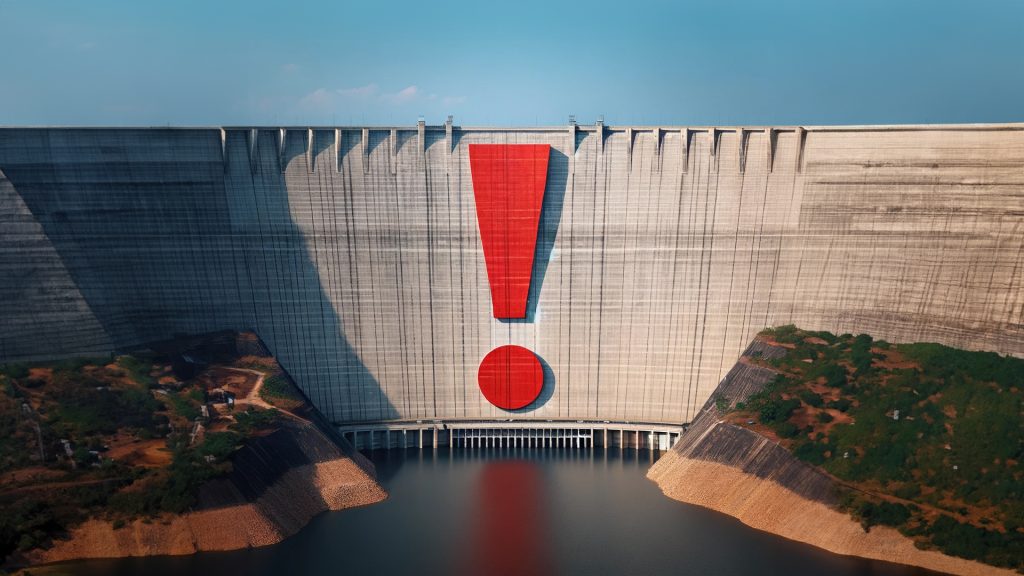Extended Producer Responsibility (EPR) in Hungary is entering a new phase, which has significant implications for online retail in particular. This primarily affects the areas of textiles, furniture and packaging, where sustainable practices are increasingly coming to the fore. Since July 1, 2023, new rules for the extended producer responsibility system and thus new obligations will apply in Hungary. In this article, we explain what the new EPR rules are and how they will affect online retail in Hungary.
EPR Hungary: Current changes
Since July 2023, online retailers have been subject to greater obligations, especially if they place products in the packaging, textiles, WEEE, batteries and furniture categories on the market. They will have to pay EPR contributions not only for the products themselves, but also for their packaging and shipping materials. This could lead to higher operating costs, which may be passed on to consumers.
The companies concerned are obliged to register with the concession company and conclude a contract for the provision of waste disposal services. They must also register with the environmental authority, even if they submit their VAT returns via the OSS system in their own country. They must also register with the tax authorities.
Need help?
We understand how overwhelming such regulations can seem! But don’t worry, we are here to help. Feel free to inquire without any cost! Our team of experts will get back to you promptly!
Textile EPR in Hungary
Online retailers in the textile sector must prepare for stricter take-back obligations. They should develop efficient systems for taking back and recycling old clothing from customers. It is also advisable to offer more sustainable textiles in order to meet the EPR requirements. You can find out more about the individual steps required for EPR registration further down in the article.

Furniture EPR in Hungary
For online furniture retailers, this means that the logistics of taking back and recycling (wooden) furniture must also be taken into account. Online retailers may need to work with recycling centers to ensure effective disposal. Details on EPR registration can be found below.
EPR and packaging in Hungary
The design of packaging is particularly important for online retailers. This should be as environmentally friendly as possible, as the EPR fees also cover the packaging materials. Reducing packaging waste and using recycled materials are becoming increasingly important. The individual steps involved in EPR registration can be found further down in the article.
EPR Hungary: Who is obliged to register?
Suppliers who import products (from abroad) onto the Hungarian market for the first time must register to ensure EPR conformity. This affects companies that produce or import products in Hungary, but also foreign companies that sell packaged products directly to end consumers in Hungary.
Threshold value
According to Hungarian legislation, there are no specific criteria for registration under the EPR. Every product delivery containing packaging is obliged to comply with the special rules. Strict sanctions can be imposed for non-compliance, which can lead to the termination of trade.

How to comply with EPR registration in Hungary
- Registration with the environmental authority (Pest Megyei Kormányhivatal Környezetvédelmi és Természetvédelmi Főosztály)
- Conclusion of an agreement with the designated body MOHU MOL Hulladékgazdálkodási Zrt. (hereinafter referred to as MOHU)
- Preparation and submission of regular reports to MOHU
- Accounting for the quantity and dimensions of your waste
Are you unsure whether you have done everything right?
Or should we do it for you? Write to us free of charge and without obligation:
Authorized representative
Foreign companies subject to the EPR obligation must appoint a Hungarian representative.

Future prospects and challenges
Online retailers will have to adapt to stricter EPR regulations that will affect their business models. Adapting to more sustainable practices is not only a legal obligation, but can also contribute to brand strengthening. The challenge lies in finding cost-efficient and environmentally friendly solutions.
Conclusion
The EPR legislation in Hungary presents a challenge for online retailers, but also offers opportunities for innovation and sustainable development. By adapting to these new regulations, online retailers can take a leading role in promoting a more sustainable economy. But don’t worry if you don’t know what to do: whether you want to make your work easier with our Digital Service or take advantage of our all-round premium service, we are here for you!
Here are more interesting articles for you:
New EU packaging regulation: what does it mean for e-commerce?
Listing suspended: What to do when Amazon does not accept the WEEE number?
